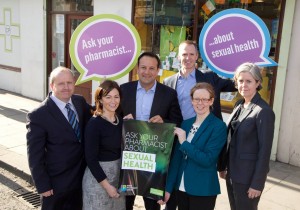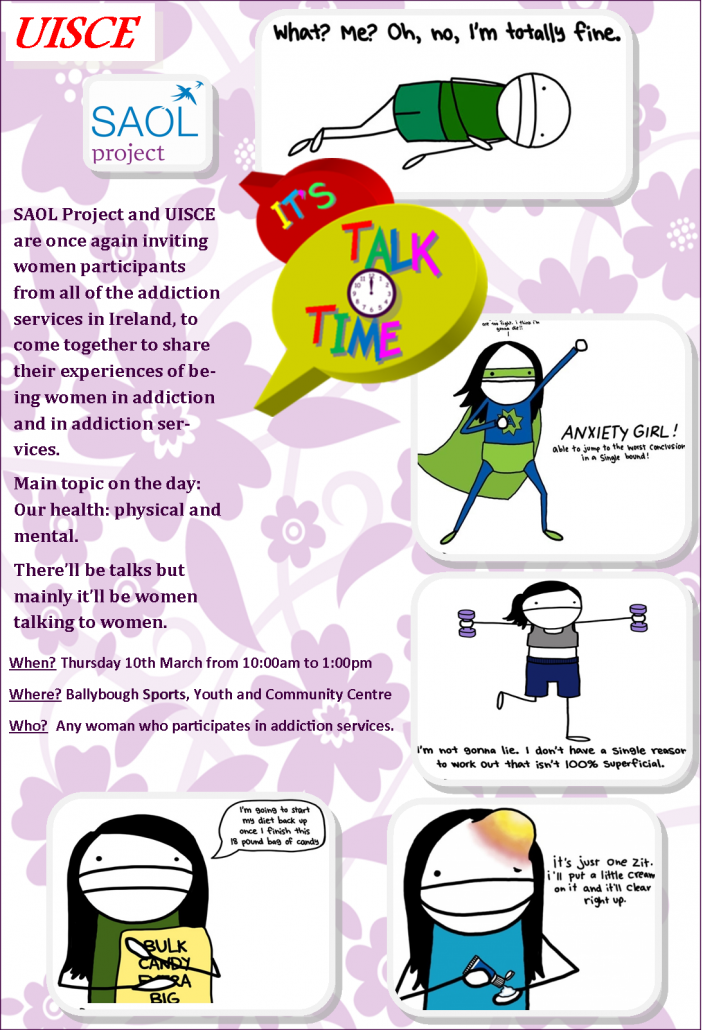
Campaign urges people to ask their pharmacist for sexual health advice.
A new campaign launched today (11th April 2016) by the Irish Pharmacy Union (IPU) is encouraging people to ask their pharmacist for advice about their sexual health and contraception needs. The campaign was launched by the Minister for Health Leo Varadkar and is supported by the HSE Sexual Health and Crisis Pregnancy Programme (SHCPP), the Irish Family Planning Association (IFPA) and HIV Ireland.
HIV Ireland is delighted to support the campaign with our newly developed infographic on sexual health, which we developed in partnership with the IFPA and the HSE SHCPP. This resource provides clear information for people who may have had unprotected sex and provides guidance and information in relation to STI testing, emergency contraception, pregnancy counselling and where to access free condoms. The infographic can be used by pharmacists to signpost people to sexual health services.
Launching the campaign, Minister Varadkar said “This is a really welcome campaign which can help us to address the stigma around sexual health and also highlight the dangers associated with the recent rise in infections. It’s great to see the pharmacy sector taking such an active role in improving sexual health and combating the rise in infections. This campaign will complement the Government’s Sexual Health Strategy and Action Plan which was launched last year.”
There has been a significant increase in the number of sexually transmitted infection (STI) notifications in the last number of years, rising from 3,361 notifications reported in 1995 to 12,626 in 2014.
According to IPU President Kathy Maher, “The incidence of STIs is on the rise and it is critical that people take steps to protect their health and get tested. Your local pharmacist can offer you a private and confidential consultation and can help you arrange to get tested. Your pharmacist can also offer advice on contraception, as well as dispensing emergency contraception if required.”
Ms Maher said that: “80% of STIs are symptomless. For that reason, even if you feel healthy, if you have had unprotected sex, you should ask your pharmacist for advice about getting tested. Early diagnosis is critical in helping to prevent the spread of STIs, as well as maximising the health outcomes of the infected person.”
Read the full press release here.





